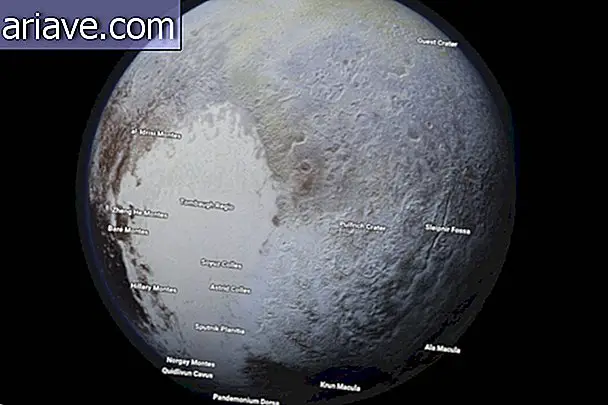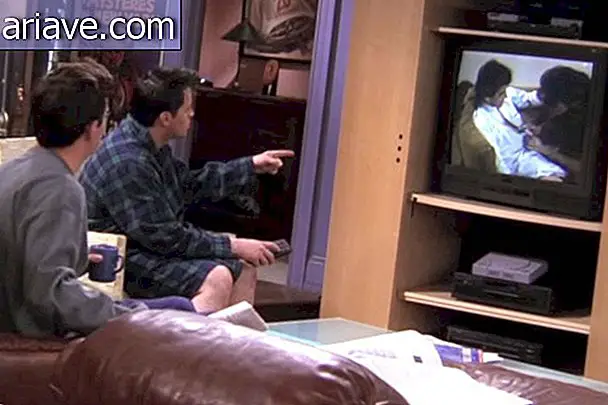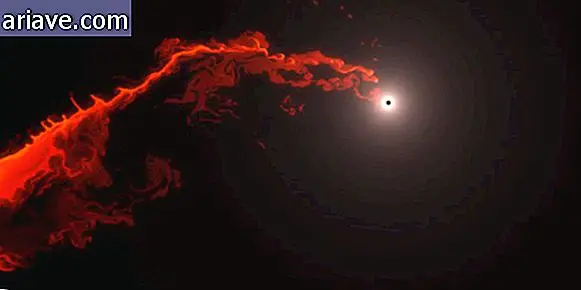6 So Nonsense And Random Facts You Will Find Invented
1. The worst driver in Ireland
A few years ago, Ireland's traffic authorities were astonished by Polish Prawo Jazdy: The guy racked up more than 50 fines, mostly for speeding, in various parts of the country over a 2-year period. Nevertheless, he was never arrested for being a master of disguise. He could be either a middle-aged man or a young woman.
To make matters worse, he had over 50 different birthdates and over 50 fixed addresses. But how is this possible? Simple: “Prawo Jazdy” actually means “driver's license” in Polish. The authorities were fining a guy who doesn't even exist! The mistake was discovered only in 2009, to the disgrace of the Irish officials.

2. How many people died in the Chernobyl disaster?
The answer can be from 30 to half a million! The number is inaccurate because the effects of radiation are difficult to calculate. At first, the reactor explosion caused the death of 31 people instantly. Over the years, however, radiation has been responsible for a major cancer outbreak, which may have killed nearly half a million people.
At the time, the World Health Organization estimated that 4, 000 people would develop cancer from radiation, but the exact number could never be estimated. The UN estimates 16, 000, the Russian Academy of Science speaks at 200, 000, and the Ukrainian National Radiation Commission believes in up to 500, 000 deaths in various regions of Europe, Asia and Africa.

3. Nintendo existed during the Ottoman Empire
If you vaguely remember the history classes at the college you should know that the Ottoman Empire was founded several centuries ago, more precisely in 1299. So how could Nintendo, the mecca of electronic games, be contemporary with this empire? Well, it turns out the company is much older than you think ...
Nintendo started as a manufacturer of playing cards around 1889, many decades before investing in the electronic market. Already the Ottoman Empire only collapsed in 1922, after the end of World War I.

4. There are 20 million tons of gold in the sea
That it is there is a fact, but it is difficult to extract: for the most part, gold in the seas is diluted into very tiny fractions. One liter of seawater can hold up to 13 billionths of 1 gram of gold, making it virtually impossible to separate them. But there is so much sunken gold that you could give about 9 pounds to every person on the planet! It would be the equivalent of $ 120, 000 per person!
Of course, all is not lost, as you can still bump into a sunken treasure. In 2015, off the coast of Cartagena, Colombia, the equivalent of $ 1 billion in gold was found on a sunken Spanish ship. Will you give such a luck during your next dive? If so, do you give me a little piece?

5. Has there been a 23 degree earthquake on the Richter scale
If you follow the news of the earthquakes you may have already seen that the higher the scale value, the greater the destruction. In 1964, Alaska was shaken by a 9.2 degree earthquake. Chile suffered a 9.6-degree shake in 1960 and is considered the largest in history here on Earth.
But where was this 23 degree? According to NASA, it occurred on the star named SGR J1550-5418, which is millions of light years from Earth. This gigantic 'star' was big enough to destroy everything within 10 light years! Tremors of this kind release enough energy to destroy multiple planets at once!

6. Have you ever wondered how many combinations of a deck you have?
It will be humanly impossible someday to create all possible combinations in a traditional 52-card deck. Each time you shuffle it, you are creating a unique combination in history! And look that decks are quite popular around the world, huh?
It turns out that the number of combinations is huge. Just calculate through 52! (52 factorial). That is: 52 times 51 times 50 times 49, and so on. The result of this crazy account is 80, 658, 175, 170, 943, 878, 571, 660, 636, 856, 440, 766, 975, 289, 505, 440, 883, 277, 824, 000, 000, 000, 000 combinations!
This absurd number can be described as follows: “If every star in our galaxy had a trillion planets, and each star had a trillion people, and each of these people had a trillion packets of cards and somehow they could make unique combinations 1, 000 times per second and had been doing that since the Big Bang, only now would we be starting to repeat the sequences. ” It's easy?












